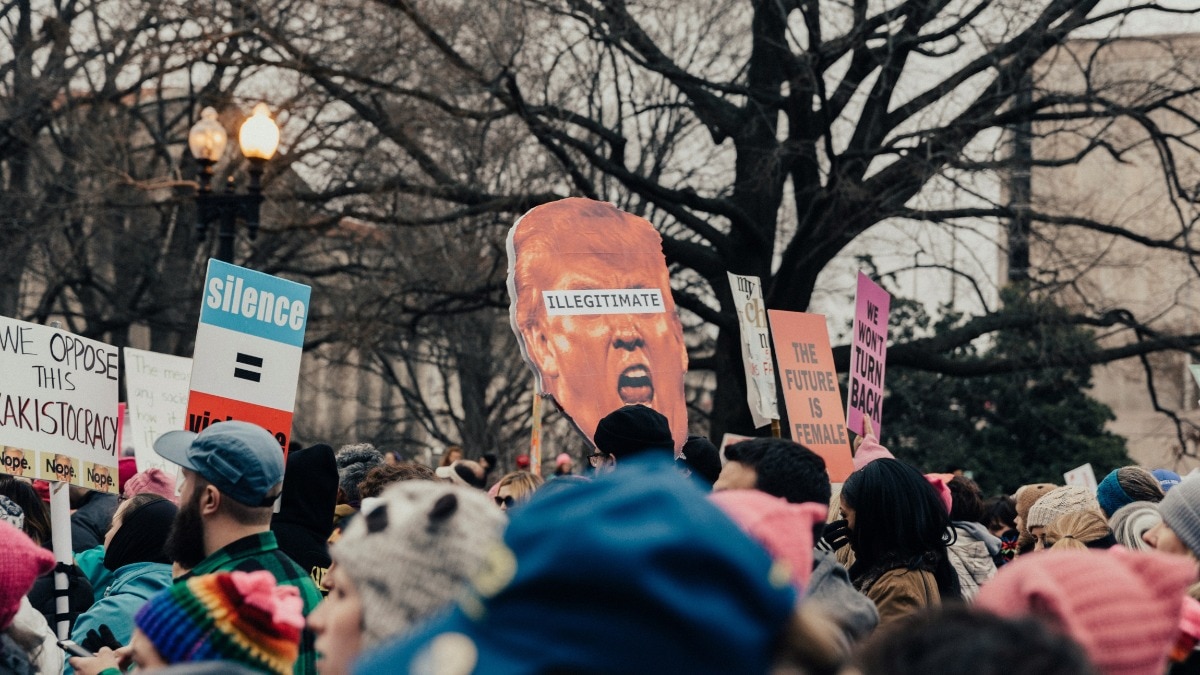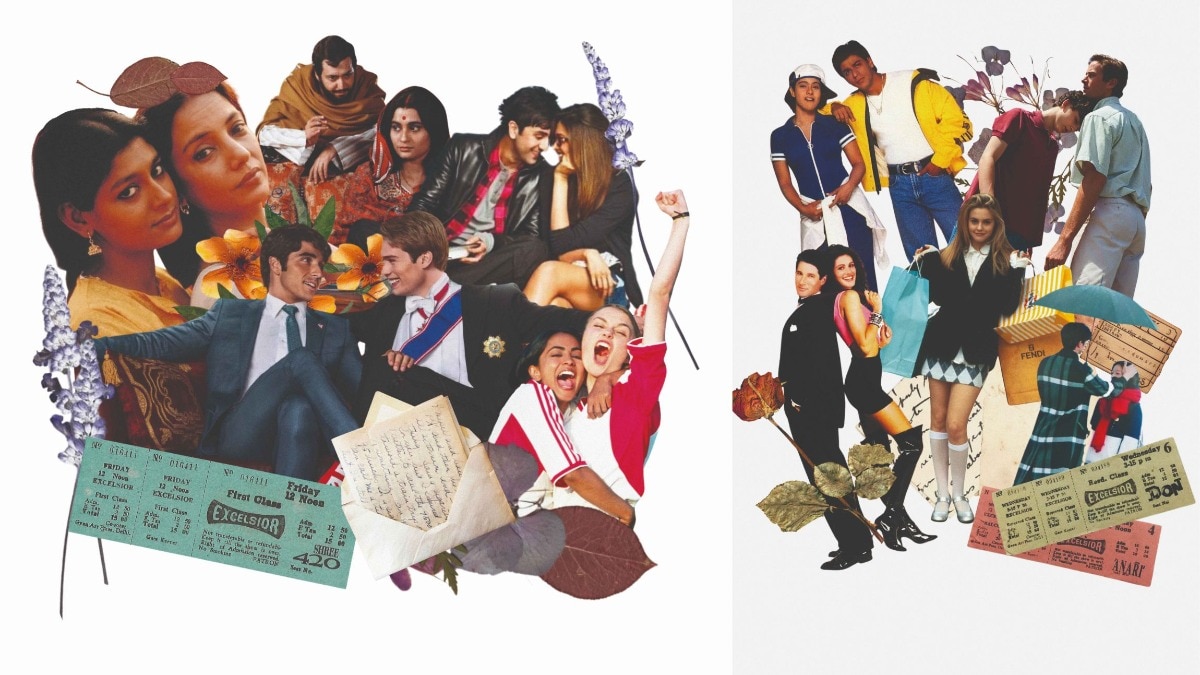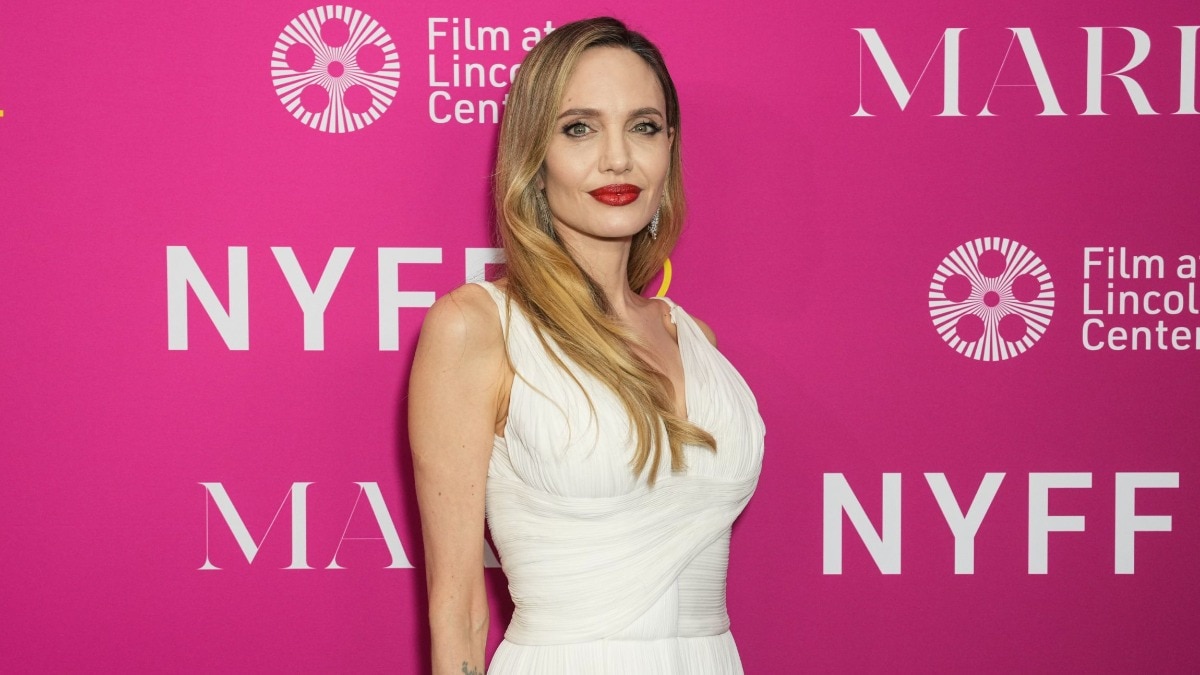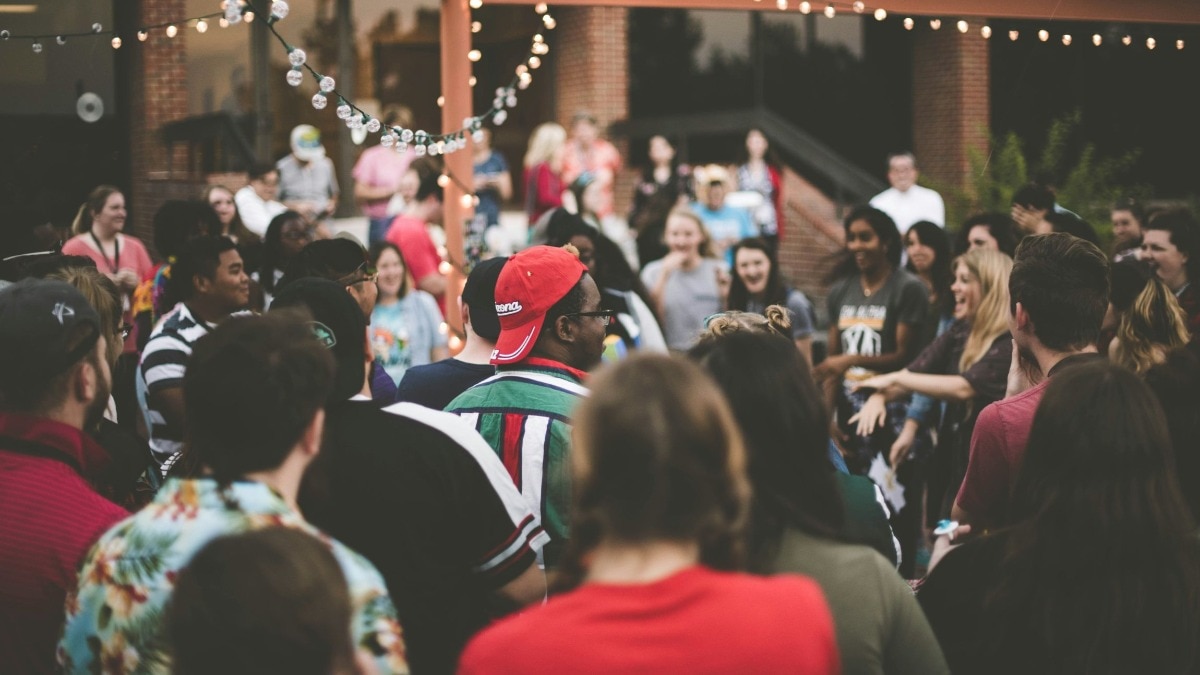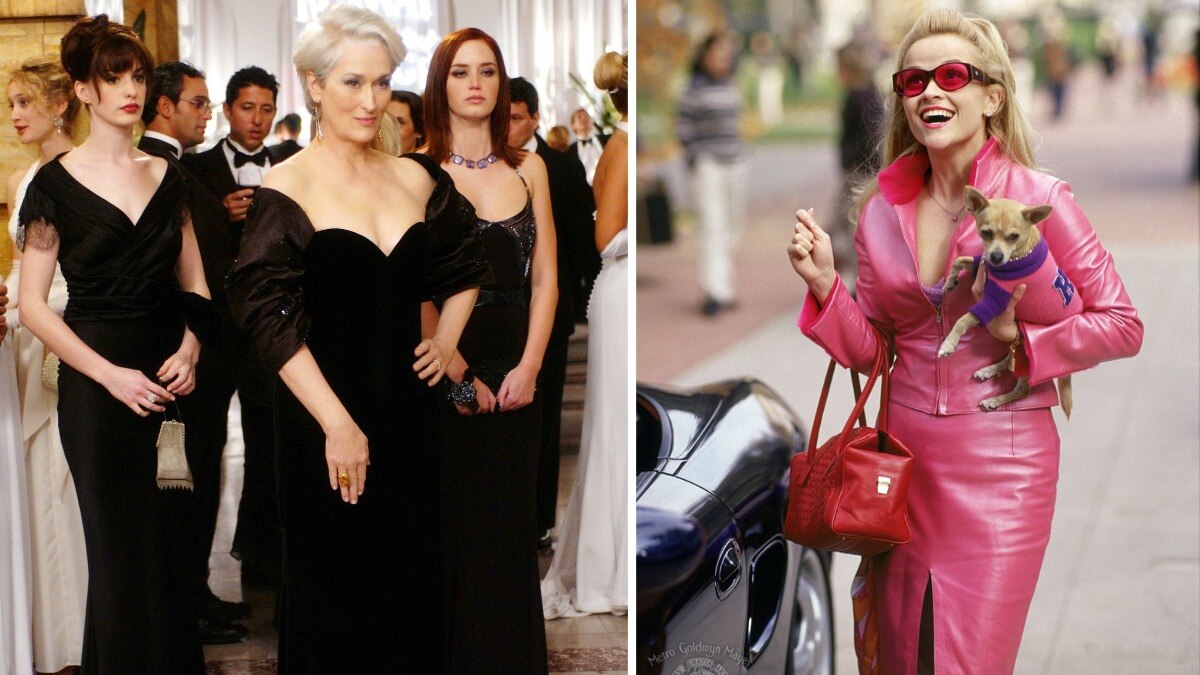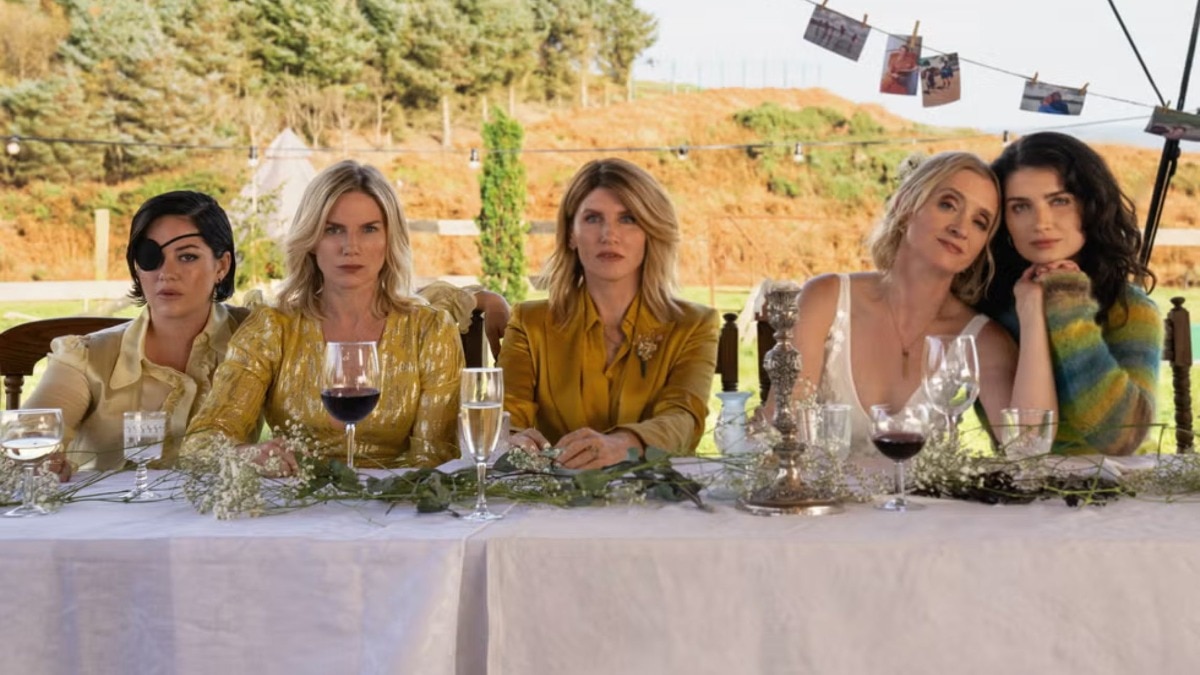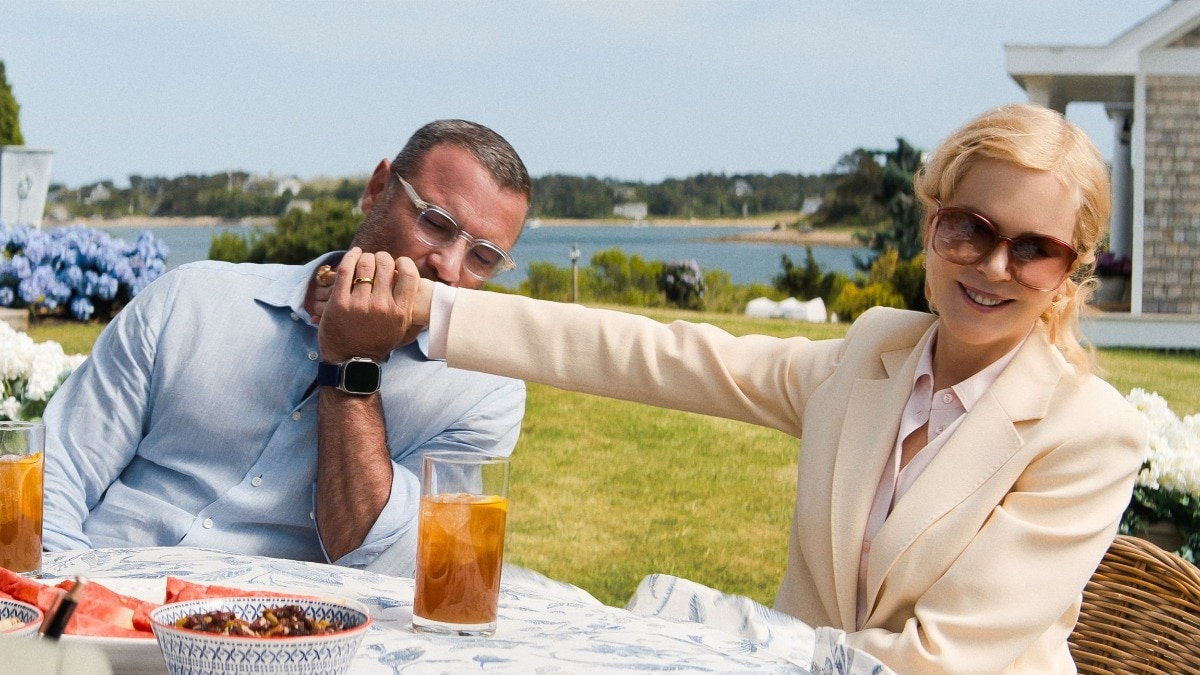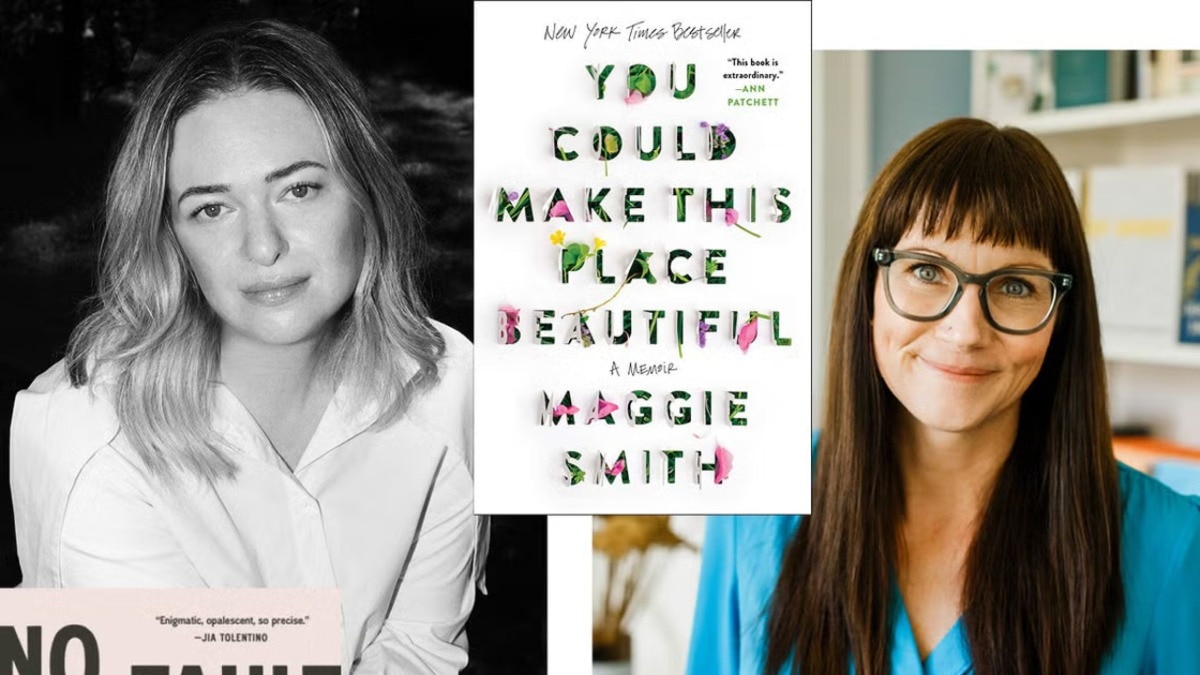50 years and counting: Films that you must watch from every decade of Big B’s glorious cinematic career
With the OG Don and 'Shahenshah', Amitabh Bachchan turning 80 today, we bring you some of his gems from the 70s all the way to the 2020s.


Amongst the many things that I’m thankful to my father for, introducing me to Amitabh Bachchan’s films sure tops the list. Even as a kid I understood the fervour for the man we could perhaps call India’s greatest acting legend. His comic timing has always been on point, no one can express anger and frustration better than him (remember the angry young man), and he can dance pretty well too. By the time I was 10, I, a lover of all things general knowledge, was hooked to my screen every night as Mr. Bachchan and his computer screen entertained the entire nation with Kaun Banega Crorepati. Over time, there aren’t many Big B films that I haven’t watched, and as the legend turns 80 today, my respect for him, as an avid cinephile, is at its peak. Choosing the best movies from his career is no easy task, which is why I’ve decided to make it easier for both you and me and choosen two from each decade (although that hasn’t been an easy task either).
The 70s
This was by far the toughest choice for me. I mean, how can anyone choose from a decade where Bachchan was the name on everyone’s heart and mind is simply beyond me. But here we are. For me, it’s Anand (1971) and Amar Akbar Anthony (1977).
The former is my father’s favourite film come to think of it. While the film rejoices in how to celebrate life to the fullest and makes us fall in love with Rajesh Khanna’s infectious smile, it made me relate to Dr. Bhaskar Banerjee a.k.a. Babu Moshai. He was the best friend one could ask for. Watching him show his frustration on being unable to find a cure for his friend was as real a definition of a good friend as there could be. To watch a man devoid of all emotions finally break down in that epic last scene was character development at its very best.
And then we had, “My name is Anthony Gonsalves.” Easter was never the same again. And it wasn’t just this iconic song that I remember the film for, but the scene that follows after this—the one with the mirror. Did I get you intrigued yet? I won’t go into the details of it, because it’s one that you have to see for yourself. But, I’d like to take some credit if you find yourself rolling on the floor.
The 80s
The best way to woo a woman is not by giving her flowers, but by presenting her with a watermelon. Don’t believe us, just ask Big B from Satte Pe Satta (1982). And it was a double delight for fans as they saw Bachchan play Ravi, the eldest of seven brothers (all named after the days of the week) and Babu, a prisoner released from jail. Filled with a whole lot of drama, action, romance, some memorable songs, and comedy, this was a masala movie through and through.
The same year gave us Shakti, a film that saw two heavyweights, Dilip Kumar and Bachchan, share screen space as they find themselves on different sides of the law. Despite Kumar’s acclaimed charisma and versatility, Big B matched up to the legend and gave us a host of memorable dialogues as the conflict between father and son came to the fore.
The 90s
If Instagram was around in 1990s, I’m certain that its servers would have crashed owing to the iconic scene from Agneepath (1990) being replicated via countless reels. Bachchan was in top form as Vijay who only had only two things on his mind—vengeance and winning back Mandwa at all costs. The angry young man who we all came to love wasn’t going anywhere.
Where there is Set Max, there is Sooryavanshyam (1999). Just like Satte Pe Satta, Big B was seen playing two characters—Thakur Bhanupratap Singh, the sarpanch of the village, and his son Heera. One tends to look at the actor’s range when he plays a double role and Bachchan certainly did not disappoint. After all, the two were poles apart, Thakur being the no-nonsense patriarch and ultimate disciplinarian, while Heera was the soft-spoken, good-at-heart son who only wanted his father to be proud of him. Yes, the film had a lot of drama, and melodrama, but as long as we got to see the happy ending where the duo bury their differences and reconcile, we were happy to cheer on.
The 2000s
I remember watching the 2005 film Black twice in quick succession because my father was simply blown away by how brilliant it was. And it wasn’t just him who was left in awe of a spectacular script and a stellar performance by the lead duo, it was almost all of us. Bachchan, as Debraj Sahai, was the perfectly imperfect teacher who transformed Michelle McNally (played by Rani Mukerji, who gave one of her career’s best performances), from a blind girl unable to do anything to a proud graduate. Watching him succumb to Alzheimer’s later in the film and McNally play the role of the teacher and get him back to normalcy was just the life-coming-full-circle story that got our hearts reeling. A movie that’s all about friendship, hard work, and the sheer will to not give up—I feel like I must watch this one again after I finish writing this piece.
The same year came a film that saw Bachchan hold our attention right from the first scene to the last. Playing the role of Subhash Nagre in and as Sarkar, here was an actor who just seemed to be getting better with age. In a tale of how brain overpowers brawn, Nagre showed us who’s boss and godfather of the Mumbai underworld. Dressed in a black kurta, red tilak, and glasses that scrutinised the enemy better, Big B looked every bit the man who would make anyone shiver in their seat without even uttering a word.
2010s
While the earlier generations might love Big B for being the no-nonsense action hero who the common man looked up to, I, a millennial who’d only heard about his performances in Zanjeer, Deewar, and Sholay loved the roles where he brought a smile to everyone’s face. Some of the movies that stand out for me are the ones where we see the inner child in Mr. Bachchan. I wish I could include Paa (2009) in the earlier point (choosing two really is very tough), but the 2010s gave us Piku (2015).
We couldn’t help but laugh as we watched him as Bhashkor Banerjee, the old father, who was every bit a stubborn child, discuss his tummy troubles in public.
Bachchan followed it up with another stellar performance the next year in Pink (2016). One that gave us a spine-chilling monologue from the acting legend.
It was a courtroom drama unlike anything we’d seen before and it opened our eyes to how society sees an independent woman living her life as she feels like.
The 2020s
Well into his sixth decade as an actor, Amitabh Bachchan shows absolutely no signs of slowing down. In fact, each performance has only made fans want to see more of him. While we’ve only completed two years so far, Big B has ensured that the 2020s will be just as exciting, if not more. At the age of 78, Bachchan played the greedy old miser, Chunnan 'Mirza' Nawab, in Gulaabo Sitaabo, in which he enjoys a love-hate relationship with his tenant, Baankey Rastogi (Ayushmann Khurrana). The legend got right into the skin of his character as audiences witnessed a man driven solely by greed breathe life into Mirza in a manner that charmed one and all.
While I have yet to see the recently released Goodbye, I’m glad that I watched, Jhund, one of his films that released earlier this year. The movie is based on the life of a sports teacher (Bachchan), who, on the edge of retirement, makes a football team of children from a slum area. The legend understood the assignment perfectly, and stood out in a film that was a social commentary on the reality of systemic oppression. I thoroughly enjoyed it and I think you will too.

